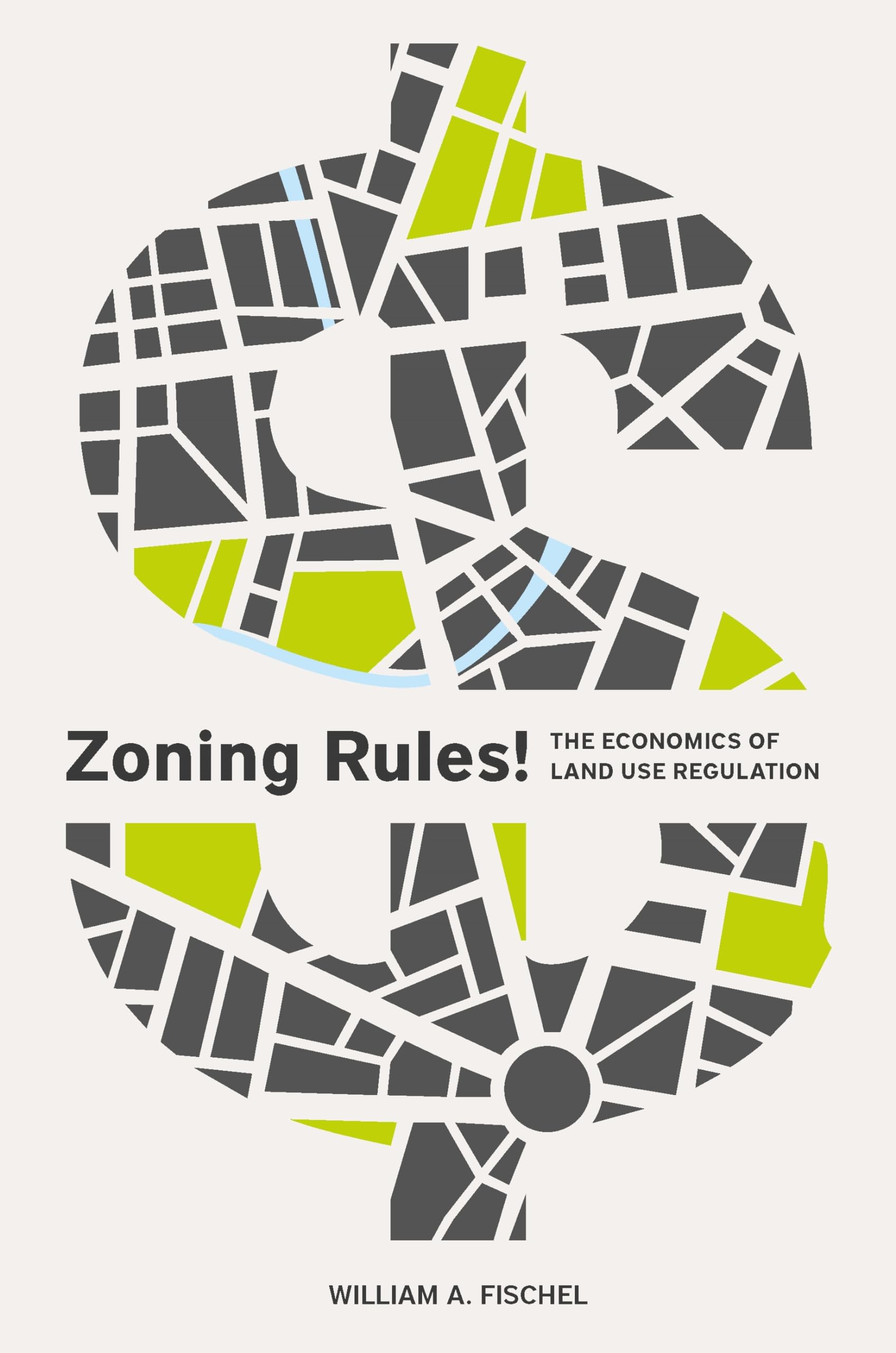If you really, really want to know: https://www.amazon.com/Zoning-Rules-Economics-Land-Regulatio...
Oddly, cities began to freeze in earnest, via zoning laws, in the 1970s. One can see this both from the link and from Google’s Ngram viewer, which sees virtually no references to gentrification until the late 70s, and the term really takes off later than that.
Moreover, the book Zoning Rules! discusses how this actually happened: https://www.amazon.com/Zoning-Rules-Economics-Land-Regulatio.... The fact that it used to be relatively easy to build new housing as demand increases means that we could make it easy again. This is fundamentally a legal problem (we should not allow so many property rights to be violated by non-owners) and a political problem (we are not addressing housing and issues at the right level of government).
It's striking how few affordable housing discussions have a historical view of the issue!
Houston and Dallas: http://time.com/80005/why-texas-is-our-future/ or, somewhat less usefully, http://www.forbes.com/sites/scottbeyer/2016/08/31/why-is-aus....
The big problem is zoning: https://object.cato.org/sites/cato.org/files/serials/files/r... as it was implemented in the '70s: http://www.amazon.com/Zoning-Rules-Economics-Land-Regulation...
By the way, there is much heat in discussions about housing prices and urban development, but very little light and much misunderstanding. A good rule of thumb is simple: If you don't see any reliable sources being cited, there's a good chance that the assertions aren't true or don't encapsulate the most important parts of the supply-demand picture.
I recommend the writings of Prof. William Fischel (author of Zoning Rules![0]) to answer this question-- he uses a Coasian approach to identify that restrictive/exclusionary zoning policy is a rational response by homeowners when they are given undue entitlements.
One entitlement that's especially relevant is low property taxes (Prop 13 in California/Measure 5 in Oregon)-- this drives up housing prices and incentivizes homeowners to hold on to housing stock and resist the increase of housing stock elsewhere in their community.
[0] https://www.amazon.com/Zoning-Rules-Economics-Land-Regulatio...
In the U.S., we've collectively done a lot, culturally and legally, to make real estate a principal savings vehicle for many if not most people, and this has had a lot of negative consequences. Zoning Rules!: The Economics of Land Use Regulation (http://www.amazon.com/Zoning-Rules-Economics-Land-Regulation...) by is a good introduction to some of them. Chapters 7 – 9 in particular explain how the 1970s saw the growth of zoning restrictions that have driven housing costs in urban areas relentlessly up.
I'd be curious about alternate land-ownership structures or incentives that make people view housing more as a service than as a good store of value. I don't know what that might mean in practice, but the idea itself seems important to me.
Not really. Something needs to be done about parochial land use laws that prevent supply from rising to meet demand: http://www.amazon.com/TheRent-Too-Damn-High-Matters-ebook/dp.... Until that happens, prices will rise. Despite many efforts to the contrary, you cannot legislate away supply, demand, and prices.
Preventing new development appears to have really taken off in the 1970s, according to Chapters 7 and 8 of William Fischel's Zoning Rules!: http://www.amazon.com/Zoning-Rules-Economics-Land-Regulation.... Until we reverse that dynamic (or make cities less attractive places to live) we're going to see rising prices.


It’s not just government; private contracts often prohibit homeowners from serving more residents. In Zoning Rules! (https://www.amazon.com/Zoning-Rules-Economics-Land-Regulatio...), William Fischel describes how zoning can substitute for private CC&Rs, which are worse than zoning in that amendments often require supermajority of all property owners in the neighborhood instead of simple majority. Property rights that are too strong can be just as big of a problem as government regulations that are too restrictive.